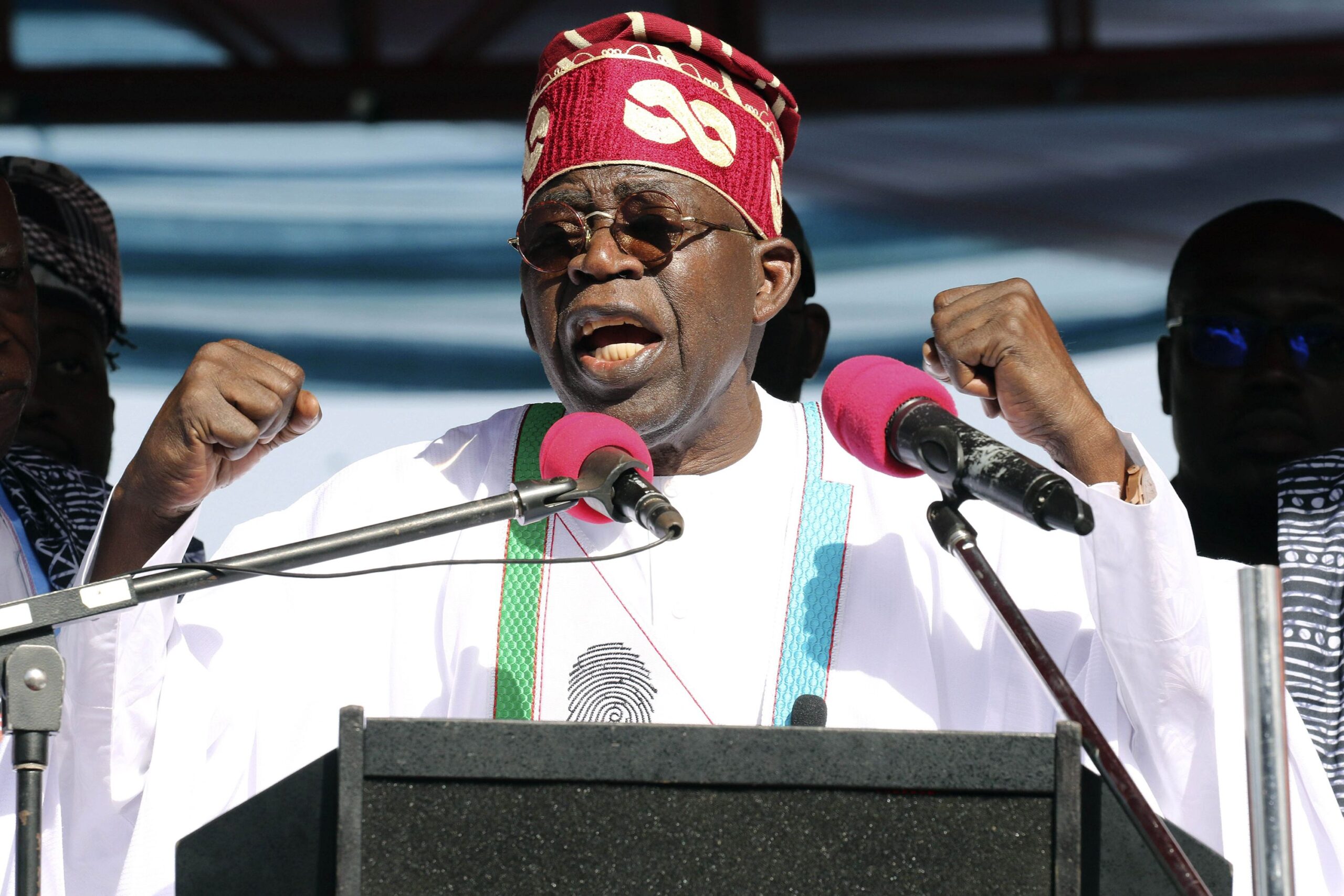Tinubu must not ignore Auditor-General’s annual reports
President Bola Ahmed Tinubu’s assumption of duties on May 29, 2023, as the 16th Nigerian leader is seen as a new beginning,…

President Bola Ahmed Tinubu’s assumption of duties on May 29, 2023, as the 16th Nigerian leader is seen as a new beginning, and an opportunity for the country to have a sober reflection on why development has eluded it. Perhaps, one area that must be considered, as a source of ideas for redress, is the country’s Auditor-General of the Federation’s annual reports. The reports complete the cycle of budget governance, which includes the formulation of annual budgets, overseeing their implementation, and ensuring their alignment with public goals.
Over the years, this essential report has been ignored and made to gather dust on the shelves of the Auditor-General’s Office, without vital issues raised in them being examined and corrective measures that needed to be put in place implemented.
From the legal perspective, Section 85(2) of the Constitution of the Federation Republic of Nigeria 1999, empowers the Office of the Auditor-General to take a critical look at the public accounts of Nigeria. It provides that, “the Public Accounts of the Federation and of all Offices and Courts of the Federation shall be audited and reported on by the Auditor-General who shall submit his report to the National Assembly; and for that purpose, the Auditor-General or any person authorized by him in that regard shall have access to all the books, records, returns and other documents relating to those accounts.”
Also, Section 85(4) of the Constitution stipulates that “the Auditor-General shall have the power to conduct periodic checks on all government statutory corporations, commissions, authorities, agencies, including all persons and bodies established by an Act of the National Assembly.” Furthermore, Section 301 vests the Auditor-General for the Federation with the power to audit the accounts of area councils in the Federal Capital Territory.
- Subsidy removal: We’re in very difficult moment – Abdullahi Adamu
- Bandits kill man, hold wife, 4 kids in Kaduna
Section 85(6) of the constitution states that “in the exercise of his function under the constitution, the Auditor-General shall not be subject to the direction or control of any other authority or person,” asserting its independence and insulating it from overbearing measures.
No doubt, the constitution recognizes the relevance of accounts audit to transparency and accountability in governance in Nigeria. In line with its mandate, successive Auditors-General of the Federation have, using their expertise, examined the implementation of annual budgets by various Ministries, Departments and Agencies (MDAs). Its reports, which run into hundreds of pages, verify the implementation of budgetary provisions by visiting locations where projects captured in budgets should be implemented and critically examining the revenue and expenditure records of MDAs. In most cases, the outcome of such investigations was not palatable, as rules are flouted and many projects are abandoned.
For instance, from the 2016 budget report, the AuGF discovered several issues that needed to be closely addressed. In the area of revenue generation, the report said, “Audit noted a wide margin between forecast and actual revenues. This indicated an over[1]optimistic revenue forecast by the Budget Office of the Federation.
A comparison of the actual revenue with the revenue forecast showed that actual revenue performance in 2016 was 76%, while 2017 and 2018 were respectively 52% and 54%. Audit confirmed from BOF’s BIR that despite shortfalls in anticipated oil and non-oil revenues projection, government continued to meet the non-discretional expenditures as and when due. The budget implementation did not adapt to changes in revenue. Non-adaption of the non-discretional expenditures to sharp shortfalls in revenue consequently affected the timely releases of the capital budget to MDAs, hence low performance of the capital expenditure.”
Apart from the discrepancies between the revenue forecast and the actual revenue collected, the 2020 Auditor-General’s report showed that many projects deemed to have been completed were tracked by the department, only to discover that they were not completed, and those deemed completed were not in line with the bills of quantities for them.
For instance, the 2020 report says of a project at the University of Calabar: “According to the 2018 Budget Implementation Report (BIR) for the fourth quarter, it was stated on page 55, that construction of two mini students lecture halls with 500 sitting capacity with six toilets for each of the halls was executed. During a confirmation visit to the project site, audit found that there was only one block divided into two mini-lecture rooms, with three toilets, instead of six toilets reported by the Budget Office of the Federation.” There are numerous discoveries of this nature in each of the annual reports in the last decade.
Unfortunately, not a lot has been done with the report. While some MDAs that violated the transparency and accountability rules were called to answer for their actions, some were neither queried nor sanctioned.
As a new administration assumes office, and in line with Tinubu’s promise to fight corruption, we recommend that the Auditor-General’s annual report will serve as the starting point for calling civil and public servants to give account.
From previous reports, it is obvious that MDAs are the conduit pipes for corruption in Nigeria, as they receive funds from the treasury without properly accounting for them. As long as this is not addressed, the country will be at the mercy of fraudsters who claim to work for the people. Tinubu must, therefore, act on the reports of the Auditor-General of the Federation, beginning with the latest publication.
